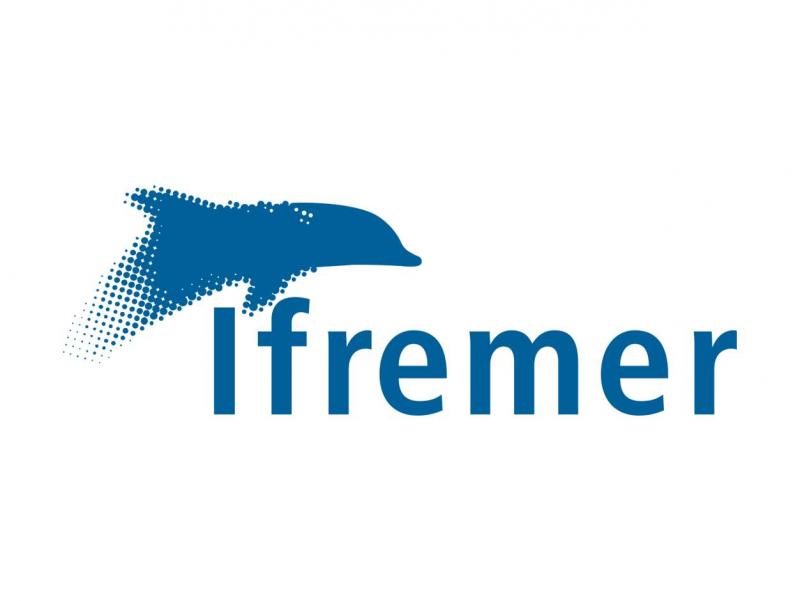Development of wearable energy storage devices
| ABG-129888 | Sujet de Thèse | |
| 24/03/2025 | Financement public/privé |
- Matériaux
- Chimie
- Energie
Description du sujet
Supervisors: Thuan PHAM, Ly NGUYEN, Pierre-Henri AUBERT
Stipends: €2200 (gross salary) and €2300 starting from Jan. 1st, 2026
Hosting laboratory. Laboratoire de Physicochimie des Polymères et des Interfaces, CY Cergy Paris Université. 5 mail Gay Lussac, 95000 Neuville sur Oise, France
Duration: 36 months starting from 01/10/2025
Keywords: Conductive polymer networks, carbon materials, synthesis (monomer and polymer), formulation, characterization, electrochemistry, supercapacitors, batteries
Context. Unlike conventional batteries or supercapacitors, supercabatteries, i.e. hybrid devices combining supercapacitor and battery features, offer a unique blend of high energy and high power density, enabling ultrafast charging and extended discharge capacity. In the ever-evolving energy landscape, the PhD project emerges as a pioneer in the development of fully wearable supercabattery devices, addressing the growing demand for miniaturized, high-performance energy storage solutions for wearable electronics. This project tackles every aspect of the device, from electrode design to polymeric separator development as well as their assembly, ensuring optimal performance and wearability.
Work program. This PhD project will align with the development of flexible/stretchable supercabatteries. During the PhD journey, the candidate will be involved in 3 major tasks:
Task 1. Elaboration of Polymeric Solid Electrolyte Membranes. To achieve high ion mobility, ensure optimal contact between electrodes, and enhance the mechanical integrity of the final device, a strategic design of polymeric membranes is essential. Within this task, the candidate will focus on the development of two synthetic strategies for tailored separators: (1) Modification of commercially available membranes with ion-conducting polymers and (2) Design and synthesis of polymeric membranes from well-defined monomers and crosslinking agents or from opposite charged polymers to afford ionic semi-interpenetrated polymer network (Semi-IPN). Following membrane fabrication, in-depth investigations into their ionic transport properties and thermal-mechanical characteristics will be conducted before their integration into practical supercapacitor, battery, and supercabattery devices.
Task 2. Design and Elaboration of Electrode Materials. This task focuses on the development of three types of electrode materials with tailored functionalities for supercapacitors, batteries, and supercabatteries. These materials will be synthesized and characterized to optimize their performance for target charge transfer mechanism. Notably, the overarching goal is to fabricate the electrode layer directly onto the membranes prepared in Task 1. Nevertheless, it is also open for assembling the different layers by physical stacking.
Task 3. Elaboration of Flexible and Stretchable Solid-State Supercabattery Prototype and Storage Evaluation. This task encompasses the assembly and performance evaluation of flexible and stretchable solid-state supercabatteries (SB) utilizing the electrode materials and polymeric membranes developed in previous tasks. All assembled devices will undergo thermal and mechanical property testing prior to electrochemical cycling to ensure optimal performance and establish a comprehensive understanding of their behavior under deformation.
Prise de fonction :
Nature du financement
Précisions sur le financement
Présentation établissement et labo d'accueil
Located on the Neuville-sur-Oise site, the Laboratoire de Physicochimie des Polymères et des Interfaces (LPPI) brings together around twenty teacher-researchers from various scientific specialties (polymerists, electrochemists, inorganic chemists, surface and interface physicists, etc.), 5 permanent administrative and technical members, and around thirty non-permanent members (post-docs, PhD students, etc.).
Thanks to this multidisciplinary approach, the LPPI is developing research themes relating to polymer materials with controlled architecture, ion-conducting polymer materials, and (macro)molecular semiconductor and electronic conductor materials and their modeling.
Site web :
Profil du candidat
Required qualifications: We are looking for a highly motivated candidate with an M2 or engineering degree who has a solid background in polymer chemistry with an open mind in electrochemical applications. A good level in English with a good capacity for scientific writing and communication will be appreciated.
Developed skills (acquired skills among listed ones are appreciated). Synthesis of ionogels and polymer networks, knowledge in physical chemistry of polymers, electrochemical theory, device assembly, microscopic characterization (SEM), spectroscopic characterization (FT-IR, Raman, EDXS), thermal and mechanical characterization (DSC, TGA, DMA, tensile testing) and electrochemical characterization techniques (Conductivity, CV, EIS, GCD, etc.)
Vous avez déjà un compte ?
Nouvel utilisateur ?
Vous souhaitez recevoir nos infolettres ?
Découvrez nos adhérents
 ONERA - The French Aerospace Lab
ONERA - The French Aerospace Lab  Groupe AFNOR - Association française de normalisation
Groupe AFNOR - Association française de normalisation  Aérocentre, Pôle d'excellence régional
Aérocentre, Pôle d'excellence régional  PhDOOC
PhDOOC  ADEME
ADEME  MabDesign
MabDesign  CASDEN
CASDEN  Généthon
Généthon  Tecknowmetrix
Tecknowmetrix  ANRT
ANRT  Institut Sup'biotech de Paris
Institut Sup'biotech de Paris  TotalEnergies
TotalEnergies  Ifremer
Ifremer  Nokia Bell Labs France
Nokia Bell Labs France  CESI
CESI  SUEZ
SUEZ  MabDesign
MabDesign  Laboratoire National de Métrologie et d'Essais - LNE
Laboratoire National de Métrologie et d'Essais - LNE  ASNR - Autorité de sûreté nucléaire et de radioprotection - Siège
ASNR - Autorité de sûreté nucléaire et de radioprotection - Siège
-
EmploiRef. 129878Brest , Bretagne , France
 Ifremer
IfremerChercheur en économie des pêches de loisir (H/F)
Expertises scientifiques :Economie et gestion - Agronomie, agroalimentaire
Niveau d’expérience :Confirmé
-
Sujet de ThèseRef. 130253Angers , Pays de la Loire , FranceLPG UMR 6112 CNRS - Université d'Angers
Assessment of Geochemical and Ecological quality Trends in LAGoon ecosystems: reconstruction from benthic foraminifera (GET-LAG)
Expertises scientifiques :Ecologie, environnement







